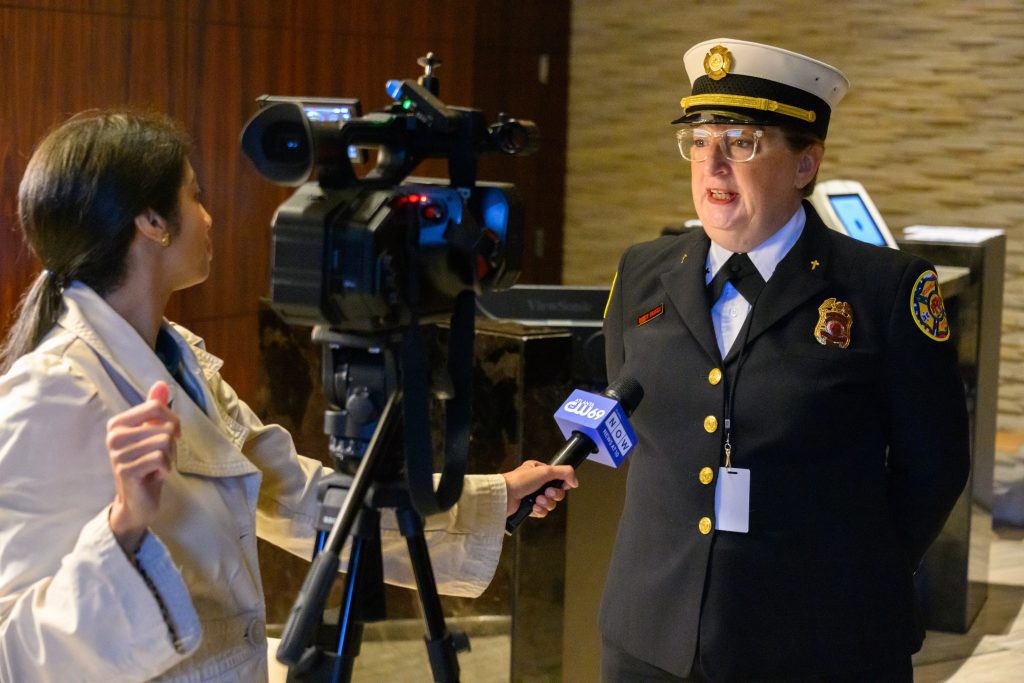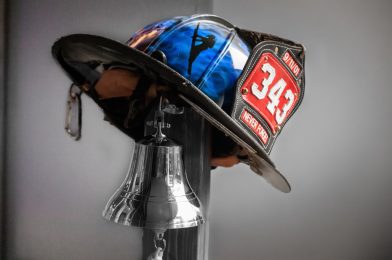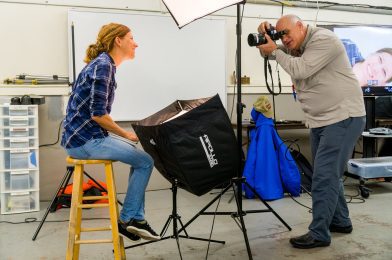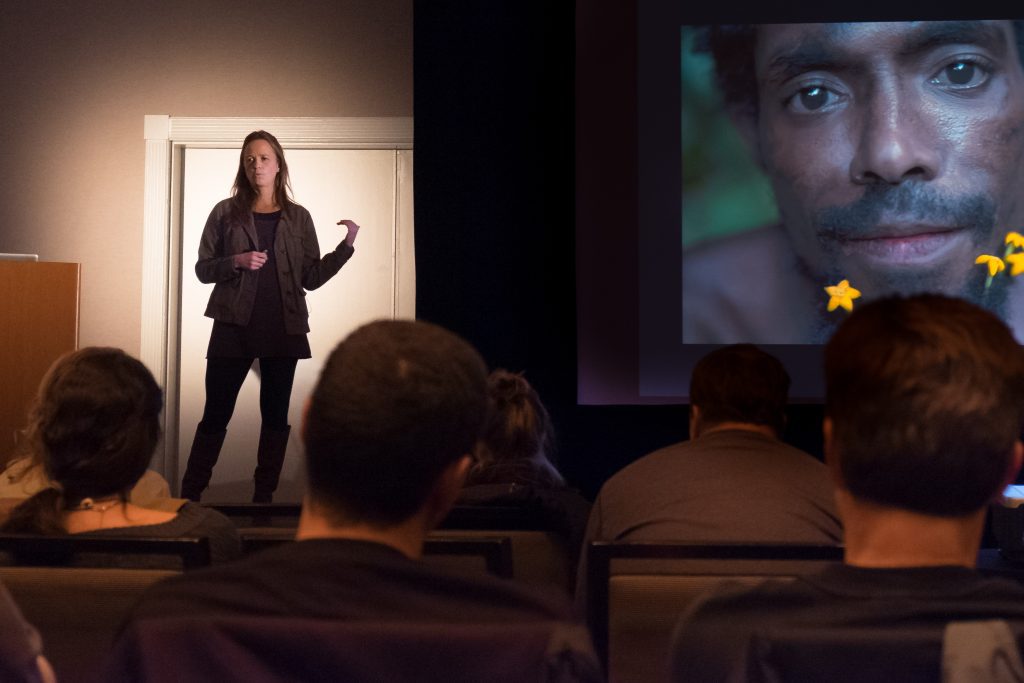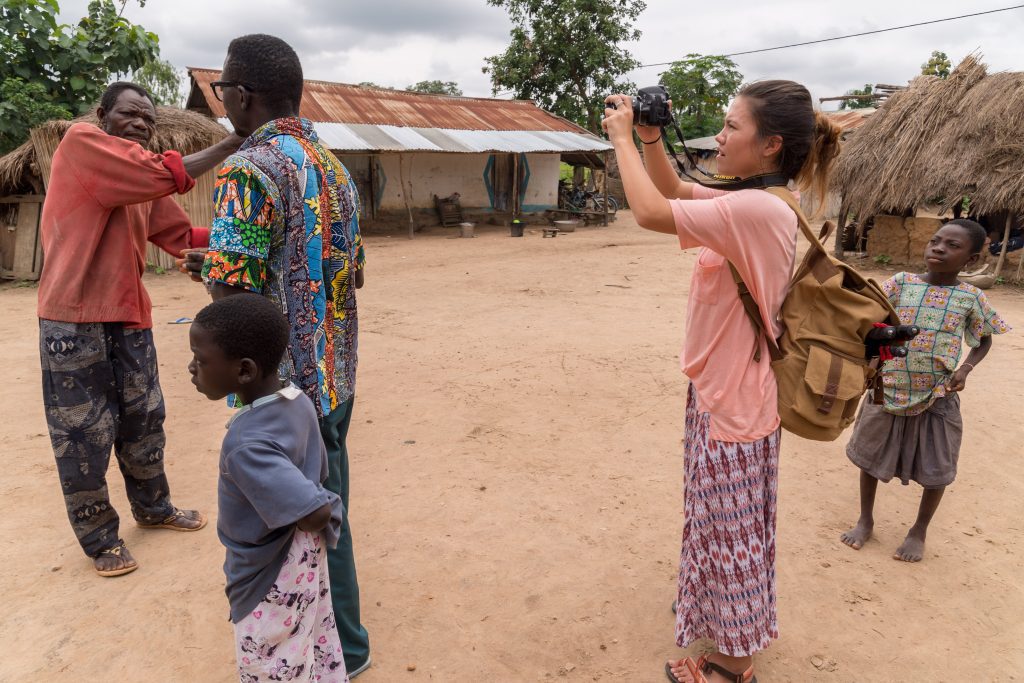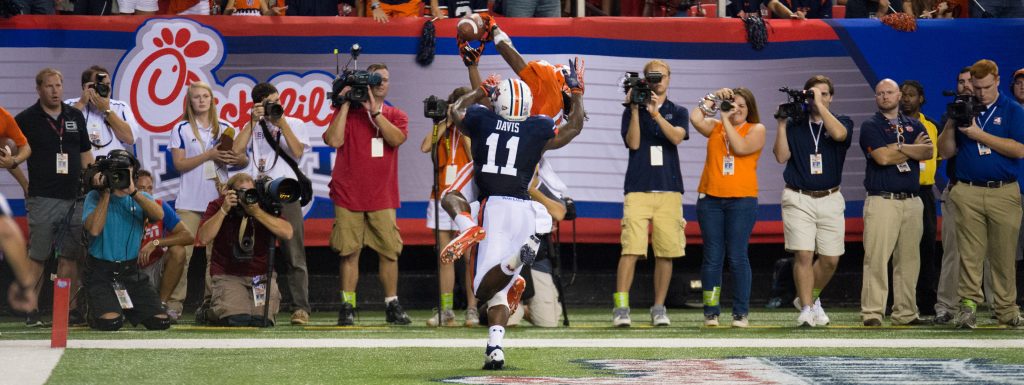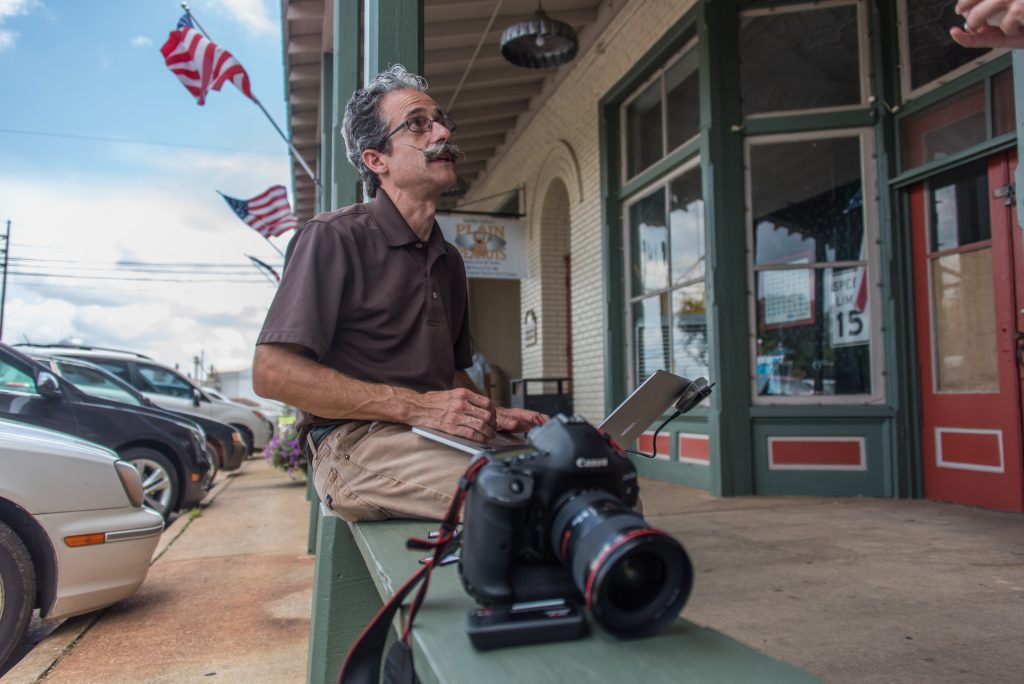I love how, in the Jewish tradition, memory is not just individual but also communal. For the Jewish people, collective memory flows through ritual and recital.
This past weekend the 9/11 Memorial Stair Climb has a lot of similarities to the Passover seder.
Seder customs include telling the story, discussing the story, drinking four cups of wine, eating matza, partaking of symbolic foods, and reclining in celebration of freedom. The Seder is among the most commonly celebrated Jewish rituals performed by Jews all over the world.
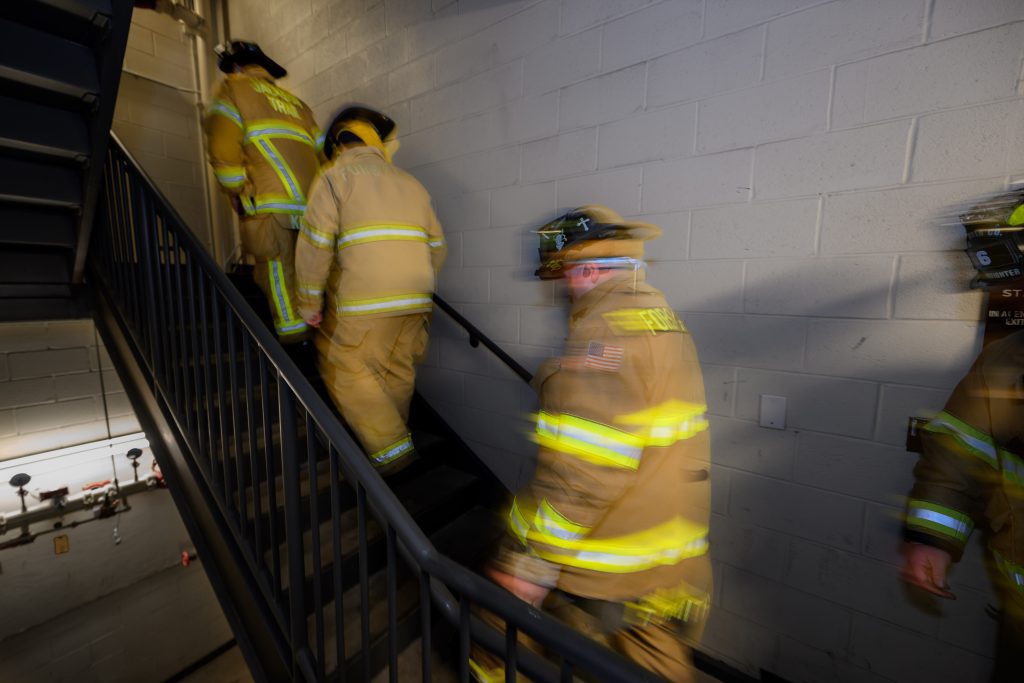
On 9/11, the New York City Fire Department responded to the airplanes crashing into the Twin Towers. They rushed in as the office workers rushed out.
Elevators are generally tied to a fire detection system and are not available to occupants once the alarm sounds. So firefighters take to the stairs.
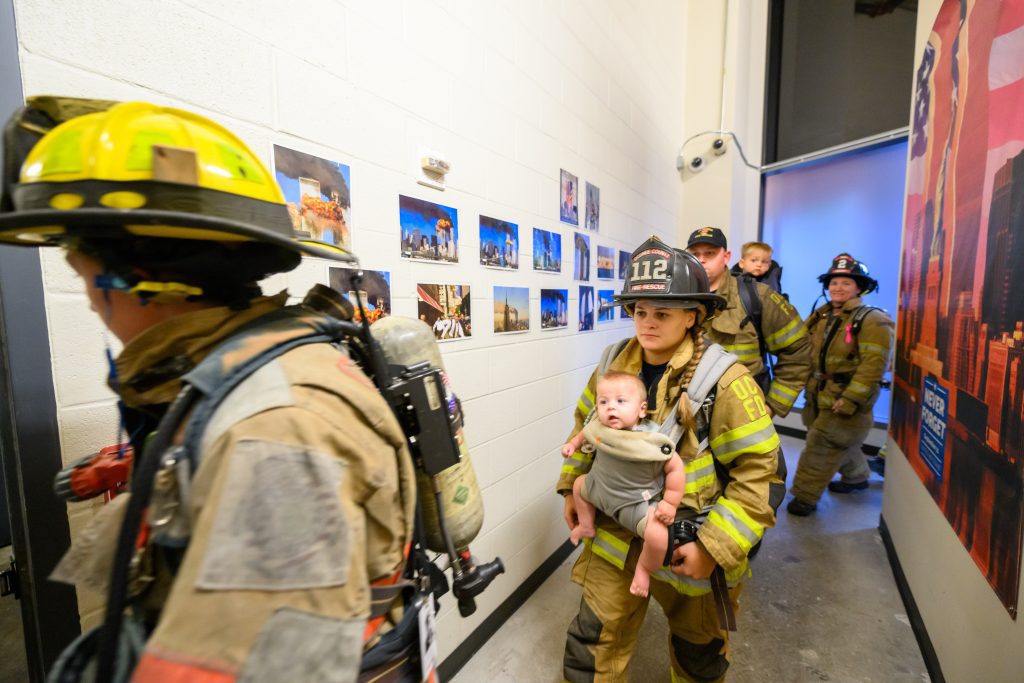
The importance of the Seder dinner is to relive Passover. You retell the stories, so you don’t forget and pass these traditions on to the next generation.
So Metro Atlanta Firefighters from various communities participated in the 9/11 Memorial Stair Climb at Sovereign Condominium on Saturday, September 10, 2022. The event is a fundraiser to help families when tragedy strikes a firefighter and they need help.
Some firefighters not only brought their children to witness the event but carried them while climbing the 110 stairs to remember. The children will see how taxing this is on their parents as those steps become more and more complex with each step.
What I love about the Passover Seder dinner is encompasses more than just the food. Each family adds to the first Passover stories, telling their family struggles through the years. They take what happened in the first Passover and connect their life story to it through their own families’ and communities’ stories.
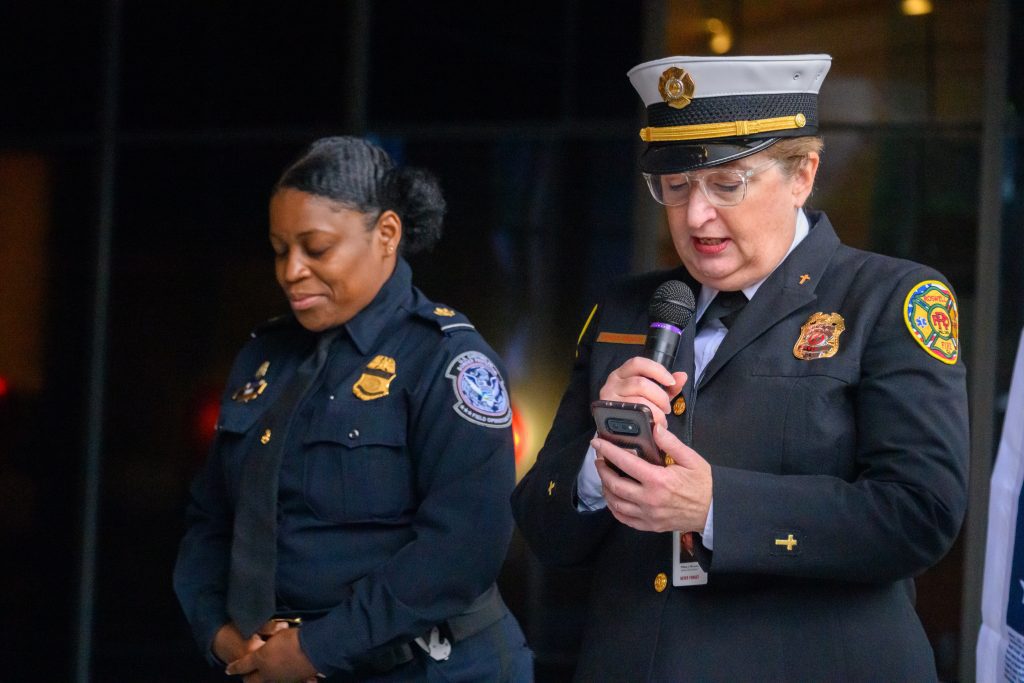
Dorie Griggs, my wife, and chaplain of the Roswell Fire Department gave the invocation for the 9/11 Memorial Stair Climb. In its simplest form, invocation is a prayer or request for the spiritual presence of God in a ceremony or event. So, she was asking for God’s presence in the ritual just as Jews say a prayer each Passover.
Eternal God of all the generations, we welcome this festival of freedom with joyful hearts. We have assembled together seeking Your presence. As You redeemed our ancestors from the slavery of Egypt and led them to the land of their inheritance, so have You been our Redeemer and Protector throughout the centuries. You have watched over us and guided us at all times.
Passover prayer for first night
We started the day with an invocation asking God to be present with us. Then, we told stories of firefighters’ families whose lives had benefited from the funds raised in the past 21 years since 9/11.
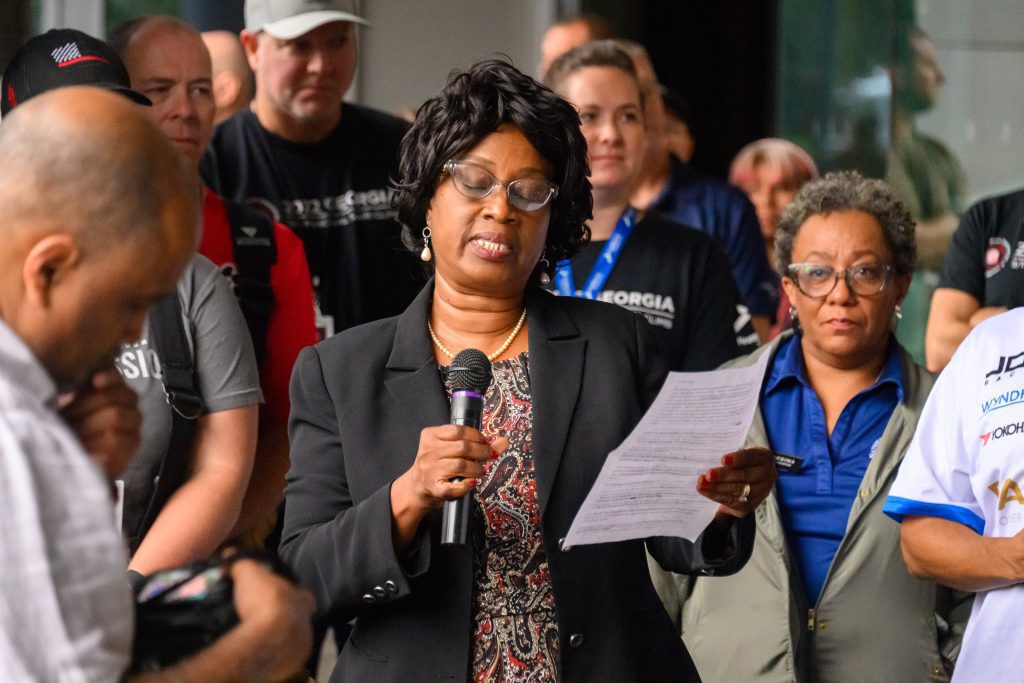
I thought it was touching that the day ended with CW 69 reporter interviewing my wife. Sharing the importance of remembrance of 9/11 firefighters and also firefighters in our communities who are sacrificing for us. We must tell those stories.
